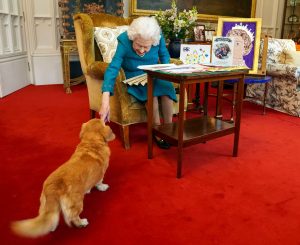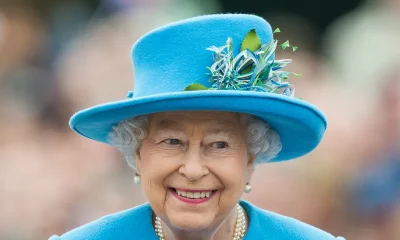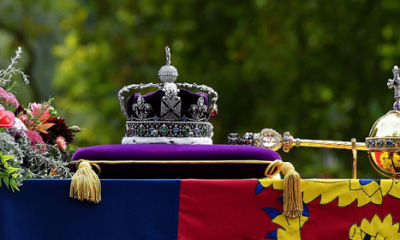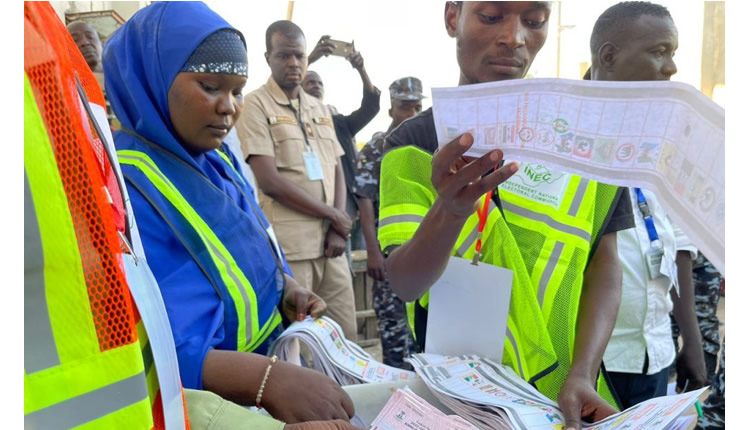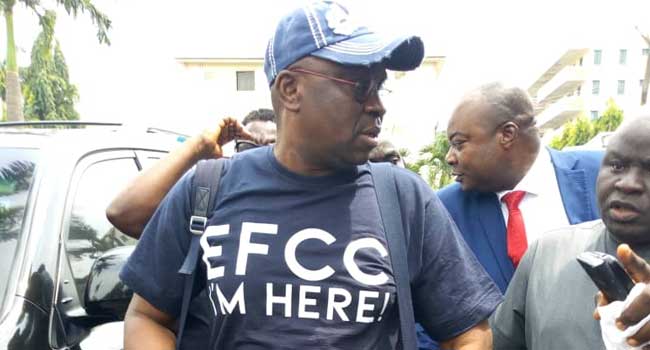The money laundering trial of a former governor of Ekiti State, Ayodele Fayose, could not proceed on Thursday as a result of the absence of the trial judge, Justice Chukwujekwu Aneke of the Federal High Court, Lagos.
Justice Aneke was said to be away on an official assignment, prompting the adjournment of the case to July 1 for the continuation of trial.
Fayose is being prosecuted by the Economic and Financial Crimes Commission (EFCC) for an alleged N6.9bn fraud and money laundering.
He was first arraigned on Oct. 22, 2018, before Justice Mojisola Olatotegun, alongside his company, Spotless Investment Ltd, on an 11-count charge bordering on fraud and money laundering offences.
He pleaded not guilty to the charge and was granted bail on Oct. 24, 2018, in the sum of N50m with sureties in like sum.
The defendant was re-arraigned before Justice Chukwujekwu Aneke on July 2, 2019, after the case was withdrawn from Justice Olatoregun, following a petition by the EFCC against the judge.
He also pleaded not guilty to the charge and was allowed to continue on the earlier bail granted, while the case was adjourned for trial.
The commission has since opened its case before Justice Aneke and is still leading witnesses in evidence.
According to the charge, on June 17, 2014, Fayose and one Abiodun Agbele were said to have taken possession of the sum of N1.2bn for purposes of funding his gubernatorial election campaign in Ekiti.
Fayose was alleged to have received a cash payment of the sum of five million dollars, (about N1.8bn) from the then Minister of State for Defence, Sen. Musiliu Obanikoro, without going through any financial institution.
He was also alleged to have retained the sum of N300m in his account and took control of the aggregate sums of about N622m.
Fayose was also alleged to have procured De Privateer Ltd and Still Earth Ltd, to retain the aggregate sums of N851m.
Besides, the defendant was alleged to have used the aggregate sums of about N1.6bn, to acquire properties in Lagos and Abuja.
He was also alleged to have used the sum of N200m, to acquire a property in Abuja, in the name of his elder sister Moji Oladeji.
The offences, the charge said contravened the provisions of sections 15(1), 15 (2), 15 (3), 16(2)(b), 16 (d), and 18 (c) of the Money Laundering Prohibition Act 2011.
The charge also argued that Fayose should have known that the monies were proceeds of crime.
He, however, pleaded not guilty to the charge.

 News3 years ago
News3 years ago
 Entertainment2 years ago
Entertainment2 years ago
 News3 years ago
News3 years ago
 Privacy3 years ago
Privacy3 years ago
 Sports2 years ago
Sports2 years ago
 Entertainment2 years ago
Entertainment2 years ago
 News3 years ago
News3 years ago
 Opinion3 years ago
Opinion3 years ago

